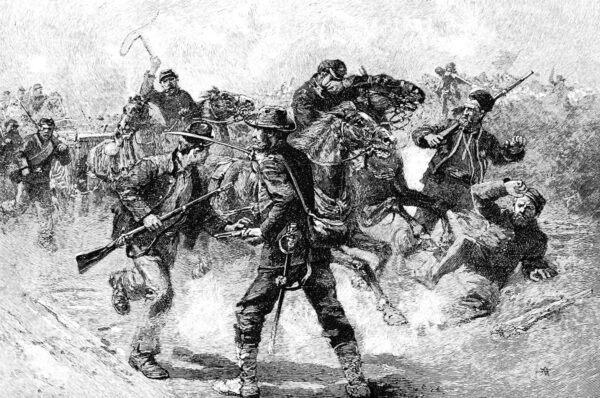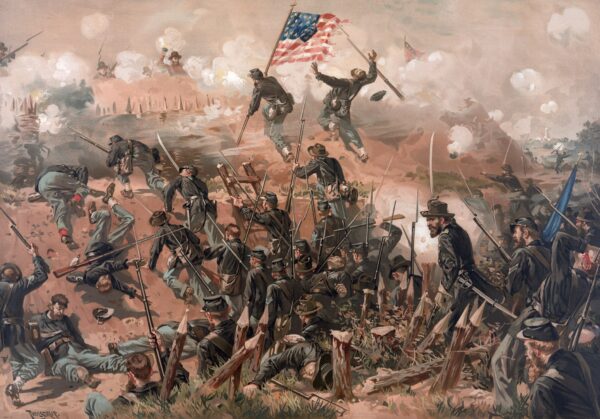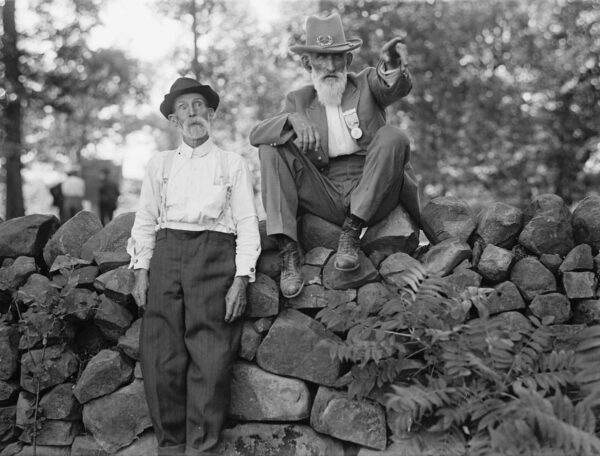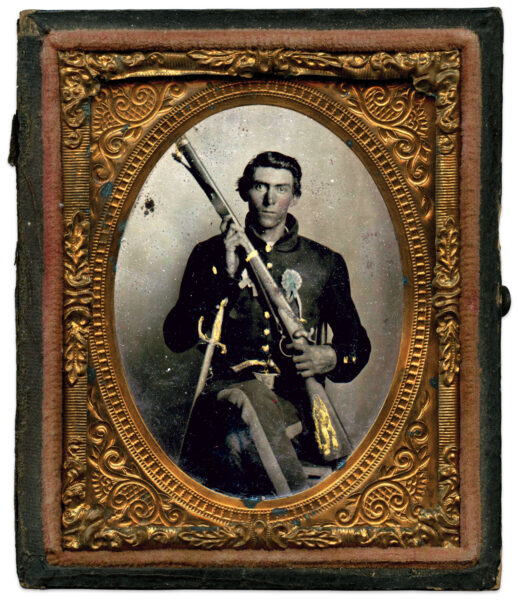In 1861 at Camp Yates, near Springfield, Illinois, 15-year-old Jimmy Bateman relentlessly pursued his quest to join the Union army. His youth and boyish stature made him an unlikely candidate, and officers dismissed him outright, one joking that Jimmy was too light for cavalry charges. Yet he persisted, for months seeking officers in charge of new regiments, pleading with them to enlist.
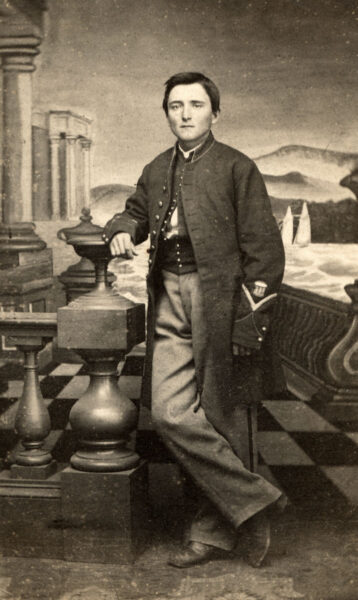 Ronald S. Coddington Collection
Ronald S. Coddington CollectionJimmy Bateman
Desperate by July 3, Jimmy appealed to an infantry colonel to bring him on as a servant, a position he hoped might allow him to prove himself worthy of soldiering. To Jimmy’s surprise, the colonel agreed—on the condition that he provide written consent from his parents. He raced home and was back an hour later, only to discover the regiment had departed. That colonel was Ulysses S. Grant, in his first wartime command with the 21st Illinois Infantry.
Jimmy refused to admit defeat and traveled to neighboring Christian County, where a group of young men formed an independent military company, the “Christian County Contingent.” This group soon joined forces with another company, and the consolidated unit learned that the 33rd Illinois Infantry was forming at nearby Camp Butler. The company applied to join the 33rd and Jimmy and his comrades mustered in as Company D. Jimmy became its drummer boy, and is pictured here in 1864 wearing a drum patch and veteran’s stripe on his sleeve.
The 33rd fought in the western and Trans-Mississippi theaters, with Jimmy surviving it all and mustering out with his regiment on November 24, 1865. Bateman lived to be 79 when he died in 1925 at the Soldiers’ Home in Leavenworth, Kansas. His determination and service as a teenager was exemplary of countless bold young soldiers during the Civil War.
Ronald S. Coddington is publisher of Military Images, a magazine dedicated to showcasing and preserving photos of Civil War soldiers and sailors.

